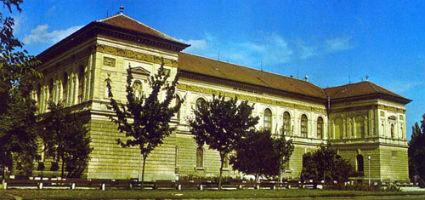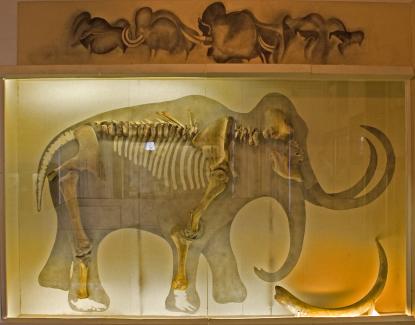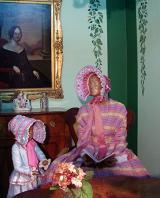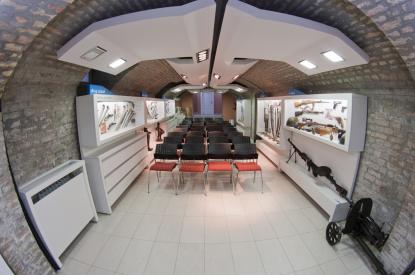2024. November 21. Thursday
Mór Wosinsky County Museum - Szekszárd
 |
Address: 7100, Szekszárd Szent István tér 26.
Phone number: (74) 316-222
E-mail: wmmm@terrasoft.hu
Opening hours: Tue-Sun 10-17
|
Mór Wosinsky was born in Tolna in 1854. He finished his elementary schools here, and in Kalocsa. Following his secondary education he joined the Seminary in Pécs.
His interest in archeology started soon, when he was a young priest. His mentor was Count Sándor Apponyi, The enlightened liberal, well known in Europe.




